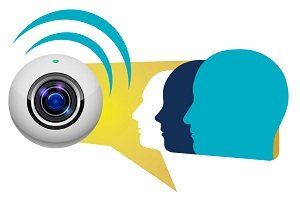Bipolar
Patient-Centred Bipolar Treatment in Newcastle
Mood Swings
Mood swings are at the core of bipolar disorder, so it is important to our team that we stay up-to-date on the different coping methods. Mood swings are characterised by cycles of euphoria (mania or hypomania) followed by depression, and these cycles can make life difficult for patients with bipolar disorder.
Sleep Problems
Often, these mood swings affect sleep patterns. Similarly to depression, the lows of this cycle can cause people to oversleep or sleep too often. The highs of mania, on the other hand, can cause people to lose sleep due to feeling as if they can accomplish anything or as if they have too much energy to sleep.

Thought Speed
Bipolar disorder can also affect thought speed, causing racing thoughts during hypomania and potentially a more lethargic feeling during depressive stages. While bipolar disorder is a lifelong condition, symptoms such as affected thought speed, irregular sleep patterns and mood swings can be managed.

